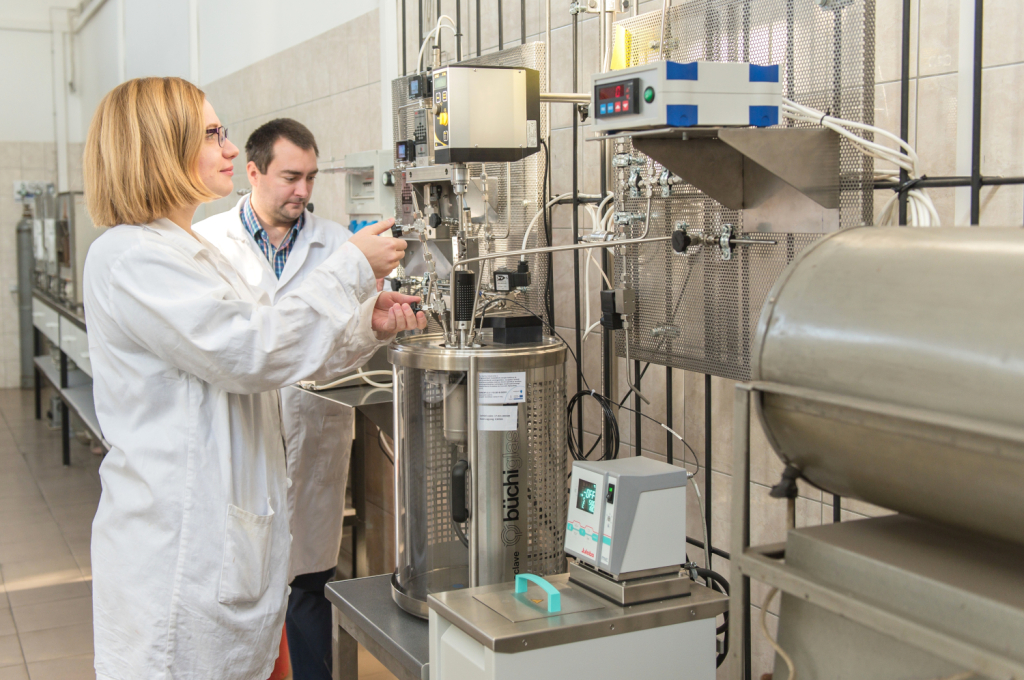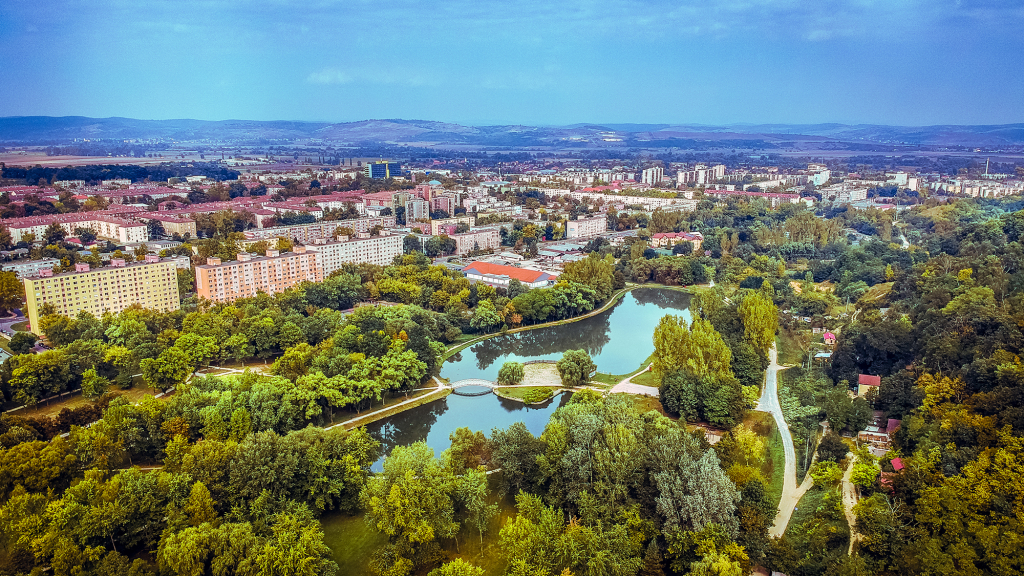Contract number: 2020-1.1.2-PIACI-KFI-2020-00121
Eligible project cost: HUF 1 283 540 033
Amount of aid: HUF 794 673 880
Starting date of project implementation: 1 October 2021.
Deadline for physical completion of the project: 30 September 2025.
The aim of the R&D project “ARIZO”, funded by the NRDI Fund and launched in collaboration with BorsodChem Zrt. and the University of Miskolc, is to develop a tunable, intelligent hydrogenation catalyst system that is adapted to market conditions and environmental regulations, offering a high degree of freedom in production technology and increasing the efficiency of the catalytic process.
A key element of the project is the commercialisation of the noble metal composition of the smart catalyst in order to produce isocyanate feedstocks in the right quality and quantity, as economically as possible. In addition to increasing the efficiency of the catalyst, particular importance will be attached to the cost-effective development of catalyst production technology, minimising potential catalyst losses in the process and the recycling of spent catalyst. To evaluate the complex catalyst development process, a new industrial scoring system will also be established to support fast and critical decisions in catalyst selection, judging industrial applicability. Uniquely, the project will establish a complete industrial catalyst development chain from laboratory experiments to scale-up to plant-scale optimisation.
The grant will enable the development of an intelligent tunable catalyst production process and the design of BorsodChem’s own catalyst production plant. The project’s BC-ME consortium will be able to take the unique catalyst development from the laboratory to economically viable industrial production. The mission of the university and the large company is to create a strong knowledge hub by exploiting local cooperation opportunities to make the area a knowledge region, and thus to give the knowledge and products produced here a competitive edge and international leadership. The combination of catalyst optimisation, recovery and efficient energy management, while reducing specific CO2 emissions and water use, will create the basic conditions for long-term sustainable carbon-neutral chemical production in the region.



